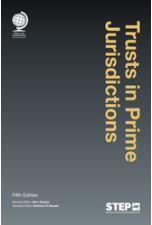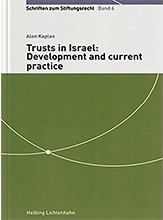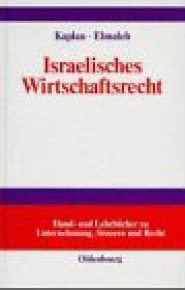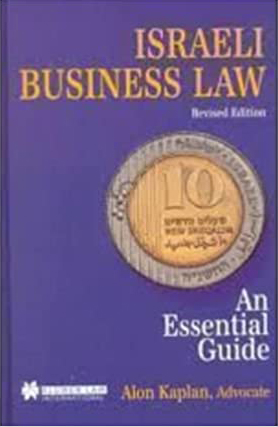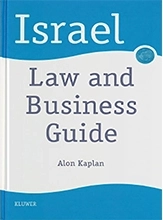Article published in the Magazine Private Banking January 2024 Dr. Alon Kaplan and Meytal Lieberman In recent years, newspapers have published reports of “blind Trust” in connection with a mechanism designed to prevent conflicts of interest of public servant (“the official”)l, such as ministers and the prime minister. In the United States, blind trusts are
- Published in Articles, Books, Business, Family office
No Comments
INTERGENERATIONAL TRANSFER OF A FAMILY BUSINESS
January 2024
Alon Kaplan Many businesses in Israel are owned and managed by families. In many cases, the businesses’ founders are the family’s father or mother, although there are also businesses that brothers and sisters establish. The result is that the founders of the businesses may include individuals who have established a successful business and have a
- Published in Articles, Books, Business, Family office
Life Cycle of a Family Business
December 2020
Editor(s): Barbara R Hauser and Alon Kaplan The ‘life cycle’ of a family business is a fascinating process. Beginning with the initial entrepreneur starting the business, it encompasses the development of the business to success, involvement of family members in the business, estate planning, preparation for integration of the next generation, creating a family constitution
- Published in Books
Trusts in Prime Jurisdictions Fifth edition
December 2019
Consulting editor(s): Alon Kaplan; Advisory Editor: Barbara R Hauser Trusts in Prime Jurisdictions, Fifth EditionAs globalisation continues apace, opportunities are arising for practitionersin trust jurisdictions that did not exist a few years ago. Growth also continues inthe traditional trust jurisdictions, especially in civil law jurisdictions where trustsand foundations have previously been used in a limited
- Published in Books
Trust & Estate Planning in Israel
May 2016
Alon Kaplan This comprehensive guide provides all that practitioners need to grasp the benefits of trusts as practiced in modern-day Israel. Its author, Alon Kaplan, founder and president in Israel of STEP, brings readers much needed insight into the historical, cultural, and legislative context that has contributed alike will find a firm guide-rope in his
- Published in Books
Alon Kaplan, Author Trusts in Israel traces the trust concept in Israel from its historical roots, through early 20th century application of European legal structures enabling the use of trusts for land acquisition in Ottoman times, private/commercial use during the British Mandate, and to current use of common-law trusts, the basis of Israeli trust law. The
- Published in Books
- Published in Books
Alon Kaplan, General Editor Israeli Business Law: An Essential Guide is an indispensable reference work for lawyers, accountants and business people interested in the legal, tax and business environment in Israel. The earlier edition of Israeli Business Law: An Essential Guide has proven to be such a success, that the need for a second printing and revised edition
- Published in Books
Israel Law and Business Guide
May 1994
Alon Kaplan, General Editor Israel Law and Business Guide is the first English language book on the subject. It comprises 45 chapters arranged in five broad topics, written by experts in their relevant fields, including judges, lawyers, tax experts and other professionals. With the publication of Israel Law and Business Guide, overseas investors can have
- Published in Books




